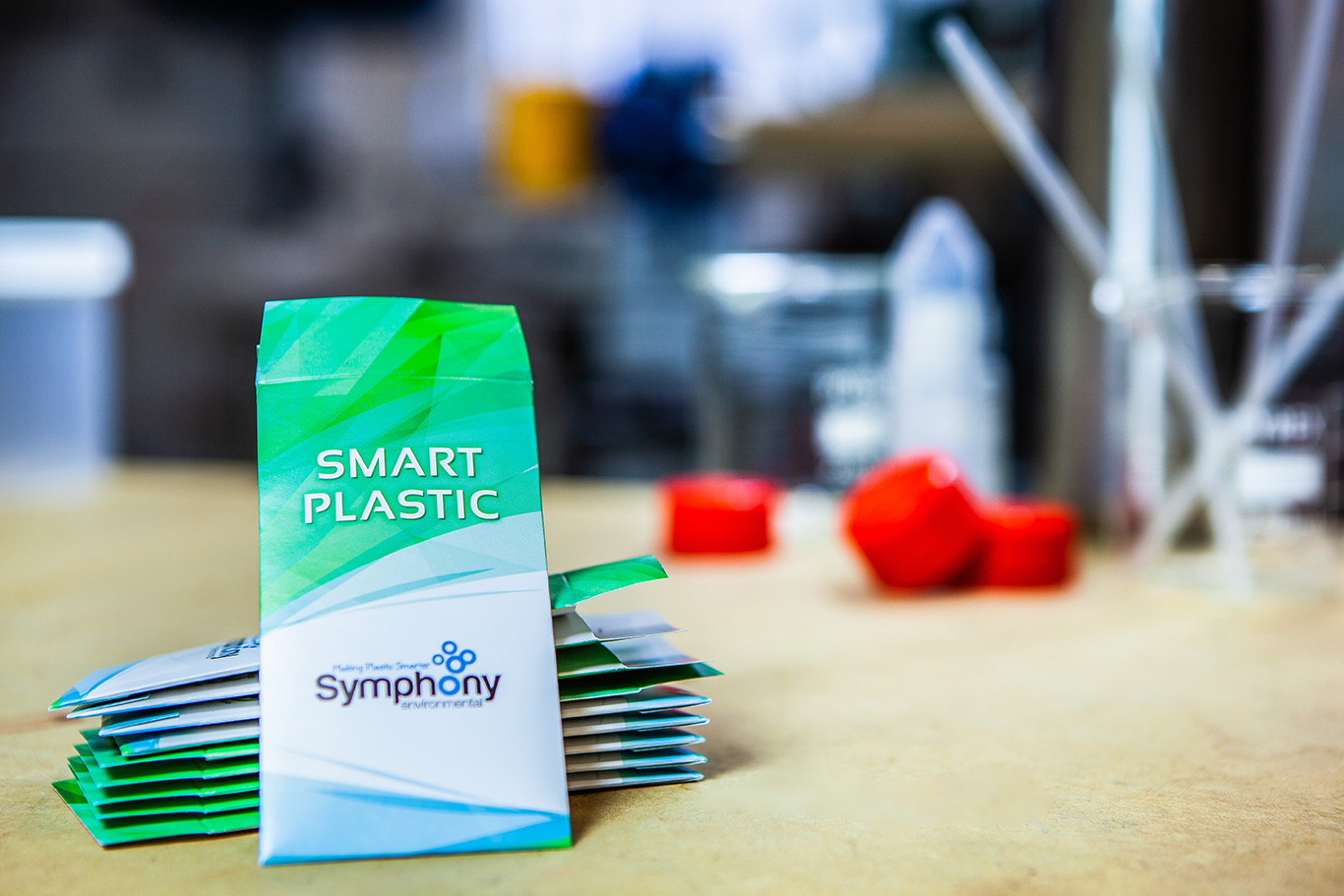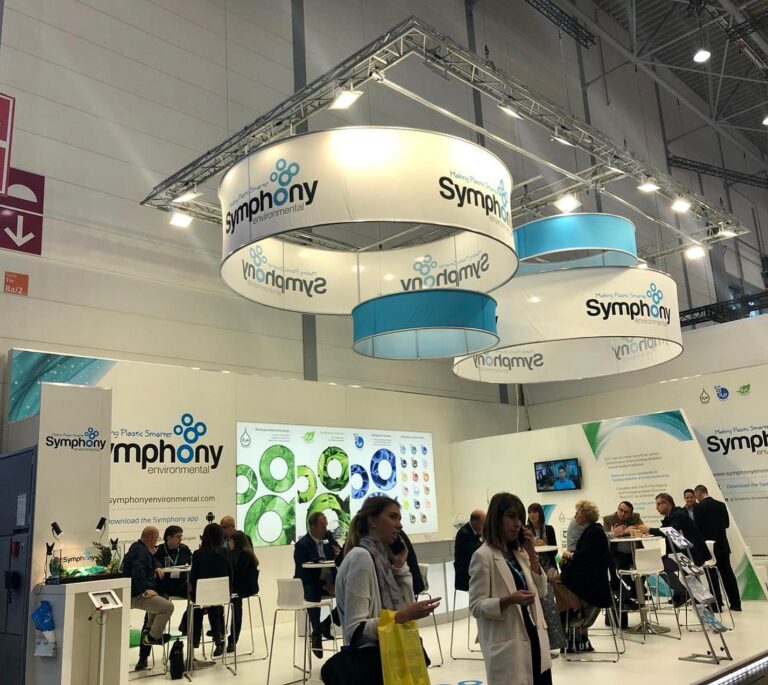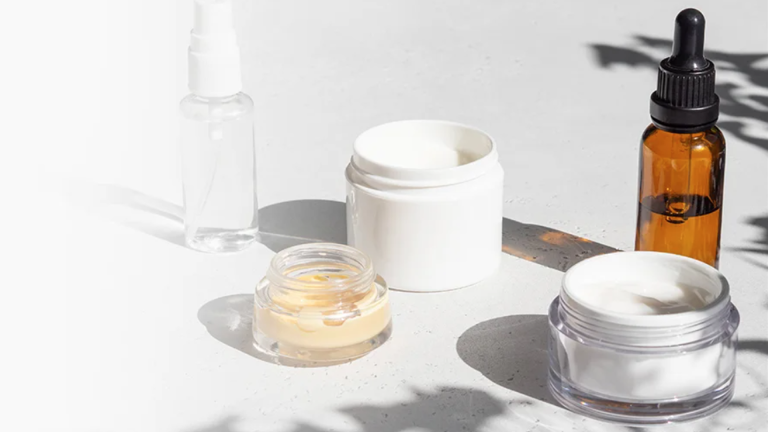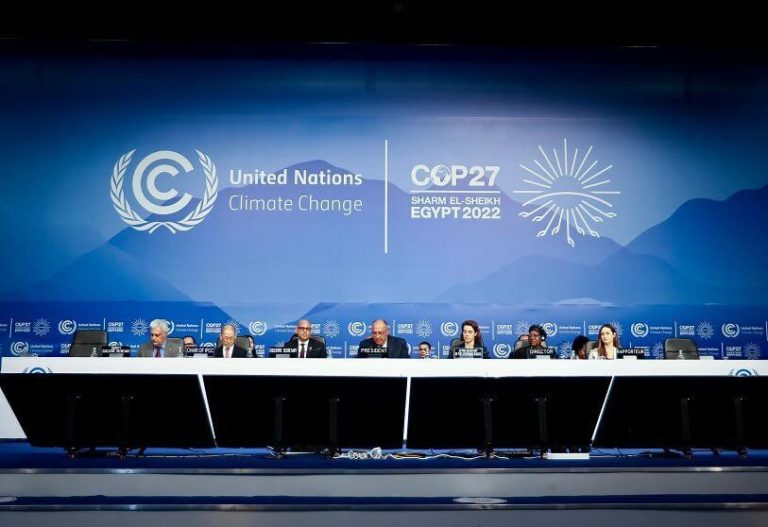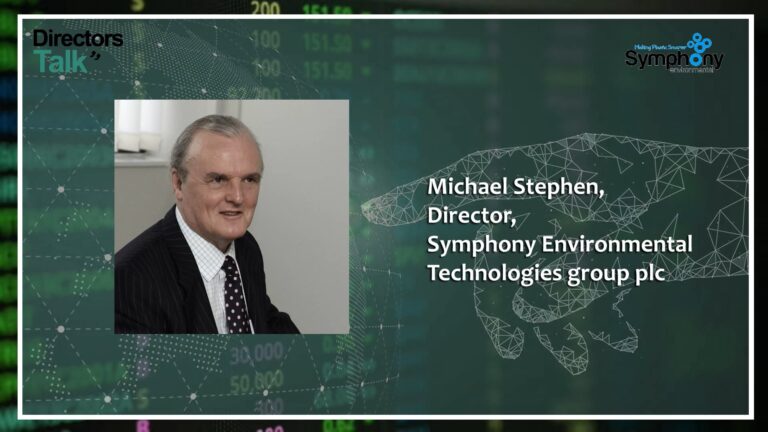Symphony Environmental Technologies plc (LON:SYM) Chief Financial Officer Ian Bristow caught up with DirectorsTalk for an exclusive interview to discuss the key highlights from their latest trading update, operational highlights, the investment from Sea Pearl, the manufacturing facility in the Middle East and what we can expect from the group in the remainder of the year.
Q1: A six-month trading update just issued. Ian, what were the key highlights?
A1: We had a soft trading in the first six months of this year, we’re a very, very busy, diverse company, we’ve lots of opportunities globally for us and a number of the opportunities were still being developed effectively during the first six months, primarily gloves and also a change in our Middle East position.
That’s primarily meant that some of the revenues fell out of half one compared to previous periods and those particular revenues will fall into H2 so that’s the main revenue headline and, obviously, we can go into more detail on the H2 position.
Within our revenues though, we had an exciting increase in our d2p business which grew 300% during the period and overall, we’re confidence still of our overall full year market consensus position for the business.
So, we’ve a very, very exciting and busy H2 coming up.
Q2: Operationally, what’s been happening over the last six months?
A2: Operationally, I can split those into our two main product areas, which is d2w which is our biodegradable technology, and we’ve been supplying that for 20 years now, and our much newer d2p design to protect range of technologies.
So, with the d2w in particular, there’s been a lot of regulatory work going on, we work quite heavily with various regulators around the world and, in particular, we’ve invested in advocacy in Latin America so for Mexico all the way down to Argentina. Operationally, we won a court case in Peru which gave our product a particular approval within the current regulation, and we are seeing, hopefully during H2, some further wins in that part of the world for d2w. Not just in that part of the world, actually, so globally as well, we’re seeing a much strengthening position for our technology in terms of biodegradable.
Also, working in the Middle East as well so we’re currently in the process of signing a new agreement in the Middle East which we’ve gone into in great detail in the trading update, but there’s a lot of pre-work gone on with that.
We had some extra contract wins with d2w so although our d2p has been a main news item for us over the last couple of years, the d2w which is our main revenue source for the business, two particular US wins during the period, which we’ll see revenues into H2.
For our d2p, we negotiated and won a supply agreement with Grupo Bimbo which is the Western world’s largest bakery and there’s a lot of work going on behind the scenes in various countries, in Latin America, primarily Mexico down to Argentina again, there’s lots of commercial trials going on. A lot of those trials are finished now and hence why the agreement’s been signed and it’s just a case of seeing how that flows through into revenue during H2 which we’re working on, there’s other bread trials going on around the world so it’s not just in the Bimbo side of things, there’s trials in Africa, trials in the Far East as well.
Rivulis Irrigation was something we announced fairly recently so they’re a large Israeli company and they manufactured a lot of agricultural and other products, and our antimicrobial anti-insecticide goes into the irrigation drippers, which is big business, insects actually quite like biting into plastic, believe it or not, and we have an anti-insecticide that prevents that from happening. So, these irrigation drippers actually have a much longer life, and you can imagine how we can spread that into many, many other agricultural products, which is what we’re working on.
We then have our massive day d2p pipeline, so we’ve got 70 plus projects going on globally, insecticidal, antimicrobial, flame retardant and we’re very excited about those things coming on online.
Q3: This week you announced the investment from Sea Pearl can you just tell us a little bit more about them, the use of the funds and the connection with Indorama?
A3: Well, Sea Pearl has taken over the interests of Vincel and Vincel came in a number of years ago now, and they’ve bought in the market in the past and they’ve up warrants, and they’ve placed fairly recently as well with us, so Sea Pearl have taken over those interests.
Sea Pearl is owned by the daughter of SP Lohia and he’s the main owner of Indorama Corporation. Indorama Corporation are a very large conglomerate into many, many materials in industrial sectors in India, Indonesia, parts of Africa also in Mexico as well. What’s really exciting about this relationship is they’re a very supportive company, not just financially but also in terms of our business, and you may recall that we have this joint venture in India we announced in the earlier part of this year and that joint venture is with Indorama.
So, with them, operationally, we’ve got a very exciting situation going there, the second most populous country in the world, we’ve already been supplying product into there on a small scale, but our technologies aligned with Indorama and their contacts and their business, we feel very excited about that.
So, in terms of this funding, they’re obviously very confident in us, excited by what we’ve got, not just in India, but globally with our technologies and our prospect, and, really, it’s just some extra money there for really some of the opportunities to make sure we can capitalise on those. So, we’ve already gone through a lot of those opportunities, so we really want to make sure that if we need to capitalise on those, for any reason, be it capital requirement or R&D requirement or any sort of facilities or resource that we need to make those things really sort of push them home then it’s this funding really to enable us to do this during this year.
Q4: Now, you mentioned earlier that you’re going ahead with the manufacturing facility in the Middle East. What does this mean for the company?
A4: What it means is we’re still capital-light so this facility is not a Symphony-owned facility, it’s a facility that is run by our partners in the region and what it will mean is it will, operationally, allow product to be made much more efficiently than shipping from the far east so we’re saving on freight costs, logistic costs, and we’re saving on all those risks that go with freights and logistics, which the last two years of COVID the risks have been very, very high and very expensive. It enables us to control better the manufacturing, it also enables us to have locally produced products, which is, in any market, being locally produced is a big plus factor. So, in terms of working capital, resources, locally produced manufacturing, we can see it really heightening the opportunity there and heightening the growth in products.
What’s actually happened in that region is we’ve allowed it to destock effectively so it’s taken away our revenue of H1 as a short-term loss, if you like, but in terms of H2, that will completely be reversed. Not just reversed, it will allow greater revenue growth during H2 and into next year, having the facility local.
In addition, you may recall that Saudi Arabia and UAE are pro oxo-biodegradable, they’re pro d2w, they’ve got regulations legislations in place, and we believe that will strengthen during this period as well so we believe the market will expand for our product in H2 and going into next year.
Q5: You touched on this already but what can you tell us about the pipeline for H2?
A5: The pipeline is very strong for H23 so in terms of d2w, we’ve just gone through the Middle East which should show significant growth, and then we’ve gone through the Latin American situation there with regulatory moves in our favor and then we’ve got the joint venture with Indorama in India as well, which is a d2w and a d2p scenario so we believe that should deliver meaningful results in H2.
With our d2p, that’s really underpinned by the Grupo Bimbo agreement, which we believe will start delivering inH2 and also the pipeline itself and areas of the pipeline include Rivulis which has already grown threefold in the first six months of this year and then we’ve got these large orders that have already been placed for quarter three.
We believe there’ll be further orders during the year, there are companies as well that we’re working with and within our pipeline with the insecticide, with the bread antimicrobial so that’s really what’s underpinning our H2 positivity, you like.
Q6: Is there anything else that we can expect from Symphony Environmental Technologies over the remainder of the year?
A6: No, I think we’ve pretty much covered it really.
So, from India, Middle East, Latin America, with bread, with anti-insecticide, flame retardant, d2w regulatory environments, there’s a lot there with the business and there’s a lot more underneath that as well.
A lot of these developments we’re working on, their customer-led developments, we’re working in partnership with customers, we work with them with our distributors as well so although we’re a small company, we’re able to do large things by having these large resources around the world that are working with us with a common goal.


